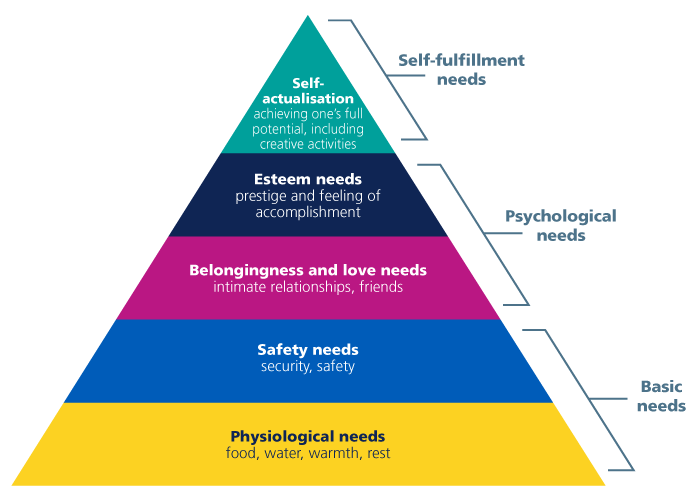We can all find ourselves placed in situations and environments that can be stressful, difficult and challenging. This can create a range of different responses in individuals according to their values.
When life changes, either at home or at work, it can affect our own wellbeing. Taking time to understand what helps your personal wellbeing so that it can be preserved and improved is a key step.
Setting yourself goals and re-evaluating them can be helpful when circumstances change at home or at work.
















